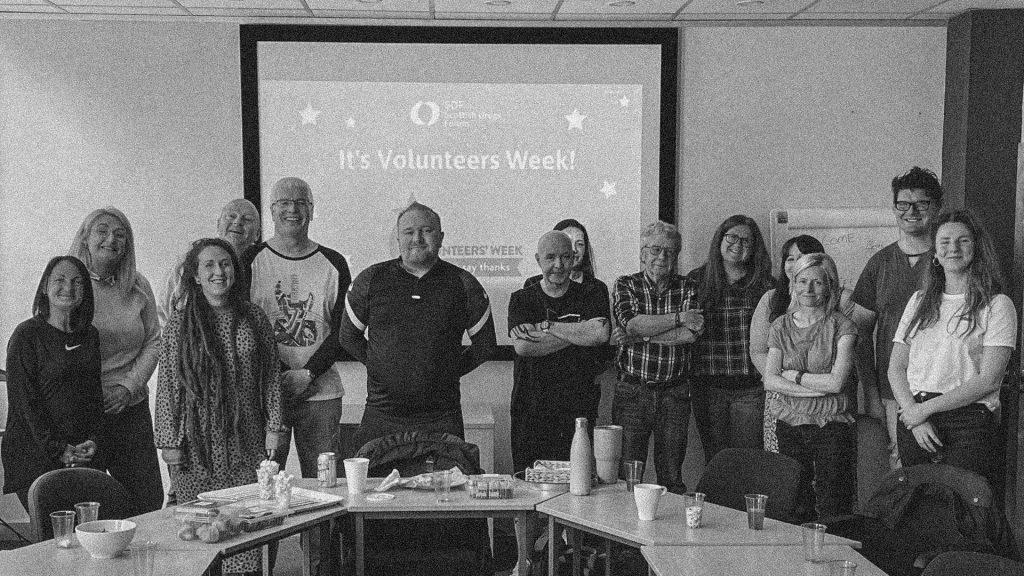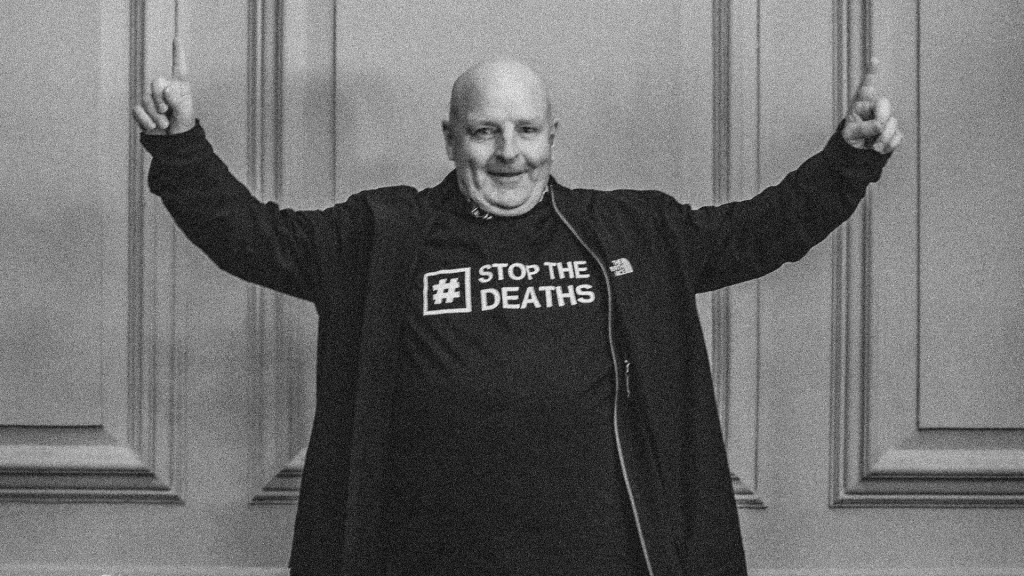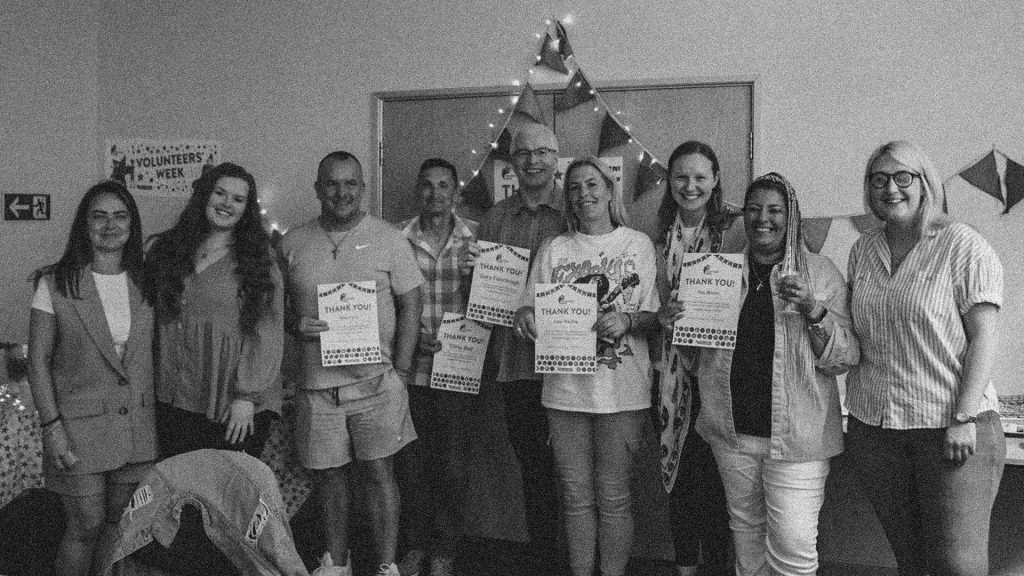Peer
Research
Involving People with Lived and Living Experience through Peer Research.
SDF peer research ensures that the experiences and opinions of people with lived and living experience shape policy and practice for responding to problem substance use.
Home > Work > Lived and Living Experience > Peer Research

peer research at sdf
SDF has pioneered and developed a peer research approach, developing the capacity of people with lived and living experience of drug and/or alcohol use to undertake research and evaluation work within their communities.
SDF are involved in peer research, service evaluation and quality improvement work on both a national and local level. Our work can also involve working in partnership with other organisations, universities and government to include lived and living experience within their independent research.
SDF have a well-established peer research programme that has been supporting Alcohol and Drug Partnerships to gather experiences of treatment and support services for a number of years, this work has recently included supporting collection of the experiential data for the MAT standards implementation.
SDF has supported ADPs to evaluate:
- Medication Assisted Treatment Standards
- Stigma
- Experiences of accessing drug and alcohol services
- Women’s experiences of accessing drug and alcohol services
- Experiences of accessing services with coexisting mental health and substance use issues
- Injecting Equipment Provision
- Quality principles
- Staff burnout in frontline services
“Our volunteers really are the heart of the work we do within the research and peer engagement team. From influencing national policy to improving local services, their impact is significant and wide ranging.
“In my 10 years at SDF, I have witnessed the peer research approach flourish into a well-respected research method within the field and I thank all of our volunteers over the years in being part of this. It never fails to amaze me…to see the compassion and enthusiasm the volunteers have. It is an absolute joy and privilege to work alongside them.”
Katy MacLeod, Research and peer engagement programme manager

the importance of peer research
Through lived and living experience, Peer Researchers have a unique understanding of issues relating to problem substance use and are seen as more credible than other researchers, helping people to feel more able and willing to participate in research. Peer research creates a more positive research experience for the participant by removing barriers to participation such as stigma and supporting more open, honest and in-depth responses to the issues facing people. Peer researchers also benefit from using their own experiences of treatment and support to help improve services and wider policy and practice.
The overall aim of our peer research work is to gain an accurate insight into the issues affecting people who use services, their opinions, perceptions and experiences; so that services can be designed, managed and delivered more effectively.
11
research and evaluation projects conducted in 2022-2023
9
Evaluation work conducted in 9 health boards across Scotland in 2022-2023
26
peer researcher volunteers supported SDF’s work in 2022-2023
340
people in treatment, family members and staff shared their experience of MAT standards implementation in Scotland
Becoming a peer research volunteer
Currently, peer research and evaluation work is being carried out in multiple health board areas around Scotland. SDF generally offer 1- 2 intakes of volunteers per year to be involved with interviews, surveys or focus groups with people who use services or their family members and loved ones. The result of this work is shared in reports, presentations and other media with people developing services and policy makers locally and nationally.
Our volunteers receive a package of training and support whilst volunteering with us and many of our peer researchers have moved on to other opportunities within SDF and the social care field including further training and employment.
To volunteer with us you need to have your own direct lived or living experience of substance use. SDF occasionally also has opportunities for family members of people with problem substance use to be involved in collecting experiences of family members.
If you want more information on becoming a volunteer, please contact: peerengagement@sdf.org.uk

Developing peer
research
in your area
PEER RESEARCH IN YOUR AREA
If you are involved in local service planning, design, commissioning or evaluation, and would be interested in incorporating peer research into your process
Please contact peerengagement@sdf.org
